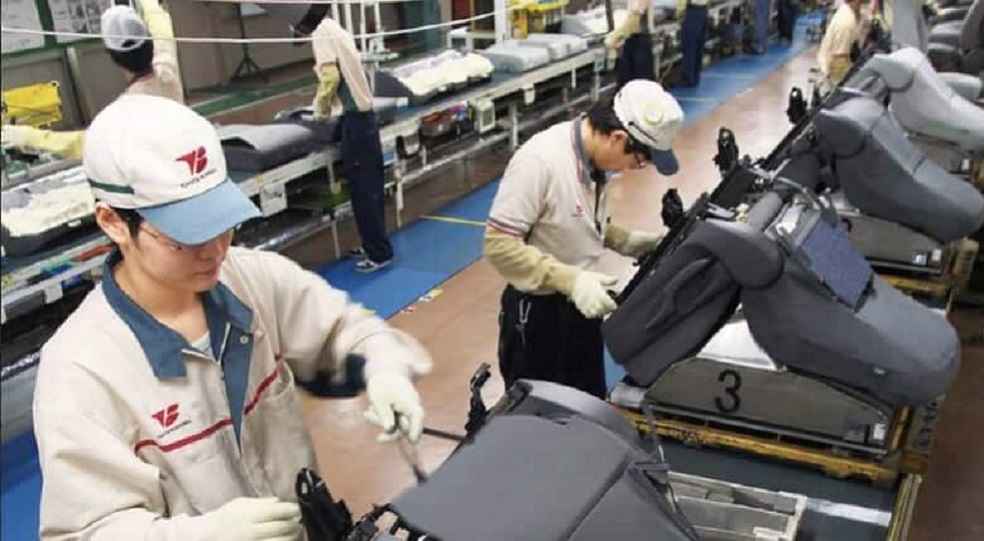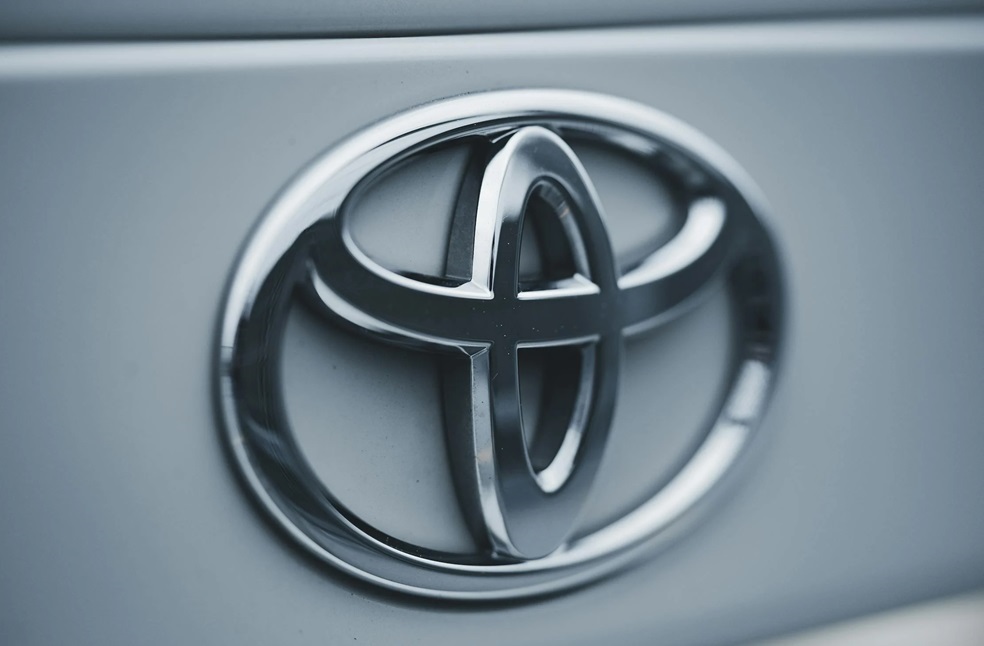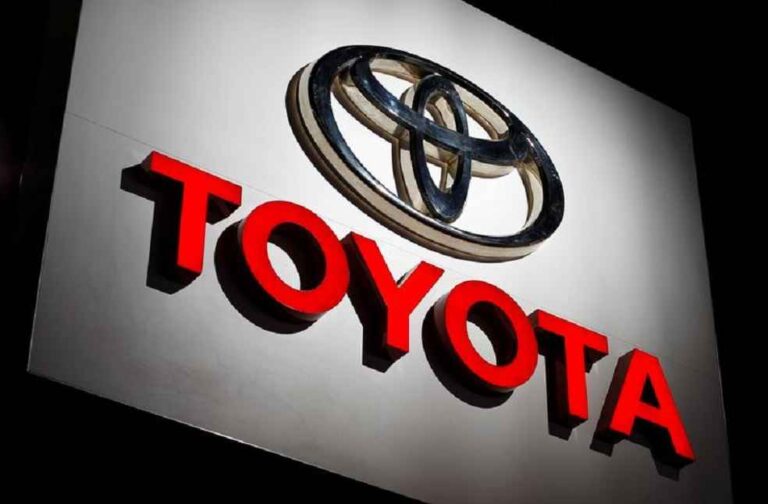The world’s largest automaker, Toyota Motor, has emerged as the biggest corporate casualty of U.S. President Donald Trump’s trade war, with tariffs on imported vehicles and parts dealing a heavy blow to its bottom line.
The Japanese giant reported a $1.2 billion loss in just two months following the imposition of U.S. tariffs. While Toyota has not issued a full-year estimate, it projected operating income of ¥3.8 trillion ($26.1 billion) for the fiscal year ending March 2026, well below the ¥4.7 trillion forecasted by analysts.
Despite increasing U.S. production to cover more than half of its American sales, Toyota still imports about 1.2 million vehicles and key components annually. The Trump administration has taken aim at this reliance on imports, with the president singling out Toyota during an April 2 Liberation Day speech in the White House Rose Garden, criticizing the company’s ‘one million foreign-made automobiles’ sold in the United States.

Toyota’s decision not to raise sticker prices at U.S. dealerships or cut production at its 11 American factories has amplified the impact of the tariffs. The uncertainty surrounding ongoing U.S.-Japan trade negotiations, launched in February, adds to the challenge. Toyota CEO Koji Sato noted the difficulty in planning amid ‘fluid’ tariff policies.
Japan’s chief trade negotiator, Ryosei Akazawa, revealed on April 30 that one unnamed Japanese automaker is losing around $1 million per hour due to the tariffs, a rate that aligns closely with Toyota’s reported losses. Talks are expected to resume in late May, with hopes for a resolution by June.
The tariffs, which took effect in stages, 25% on imported vehicles starting April 3 and on auto parts from May 3, pose a substantial threat to Japan’s auto exports. The U.S., being the primary market for Japan’s top five automakers, has placed high pressure on Tokyo to negotiate favorable terms. But experts like Hiroshi Namioka of T&D Asset Management warn that Japan’s auto sector is too vital to make broad concessions.

In response to the new trade environment, other Japanese automakers are reshuffling their global strategies. Nissan has stopped U.S. orders for certain Mexico-built SUVs, Honda is relocating production of the Civic hybrid from Japan to the U.S., and Mazda has paused exports to Canada of a model built at its Alabama joint venture with Toyota due to retaliatory tariffs.
Toyota, for now, remains cautious. “We will maintain our current operations while continuing to focus on lowering fixed costs, all while keeping a close eye on U.S. authorities’ movements, including customs duties,” a spokesperson stated.
OBSERVATION | Morocco Leads Auto Manufacturing with $106 Labor Cost per Vehicle





